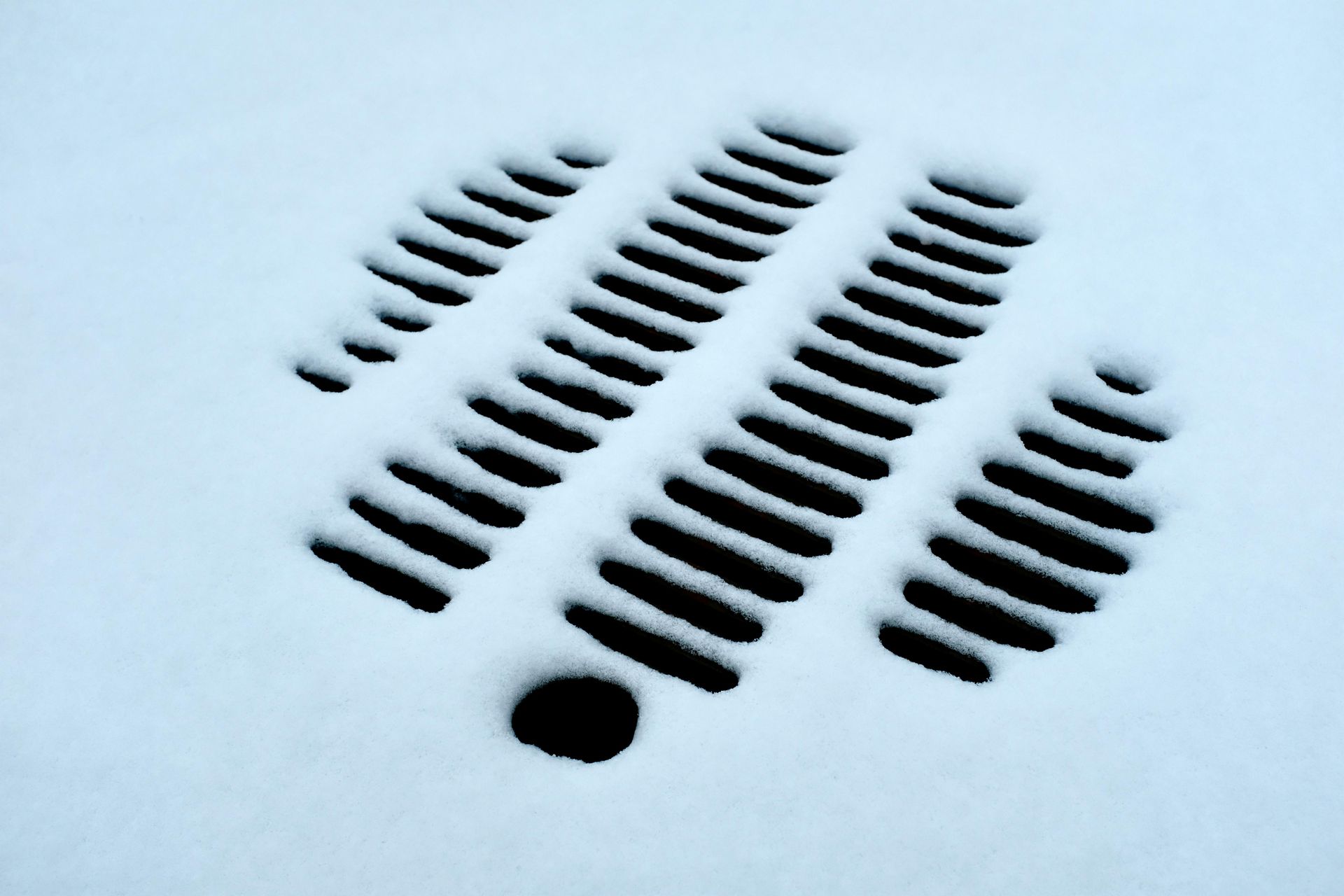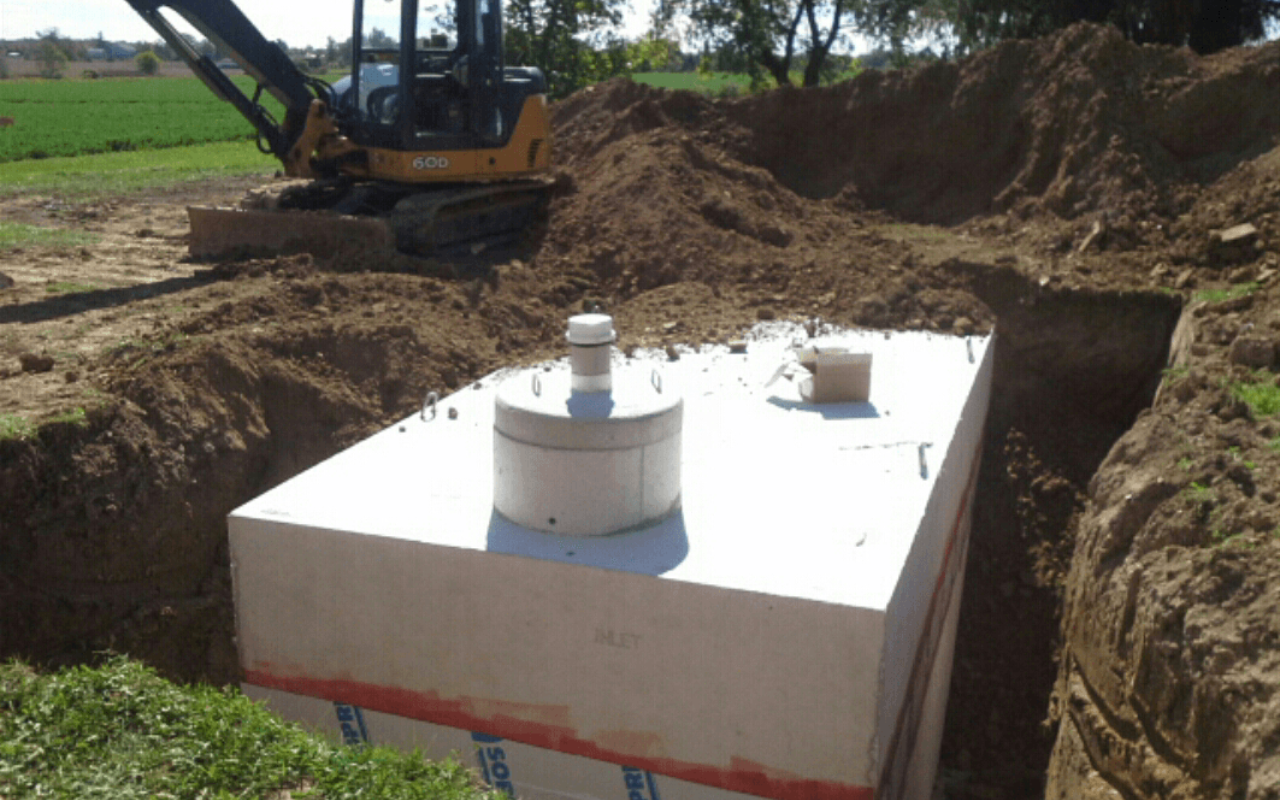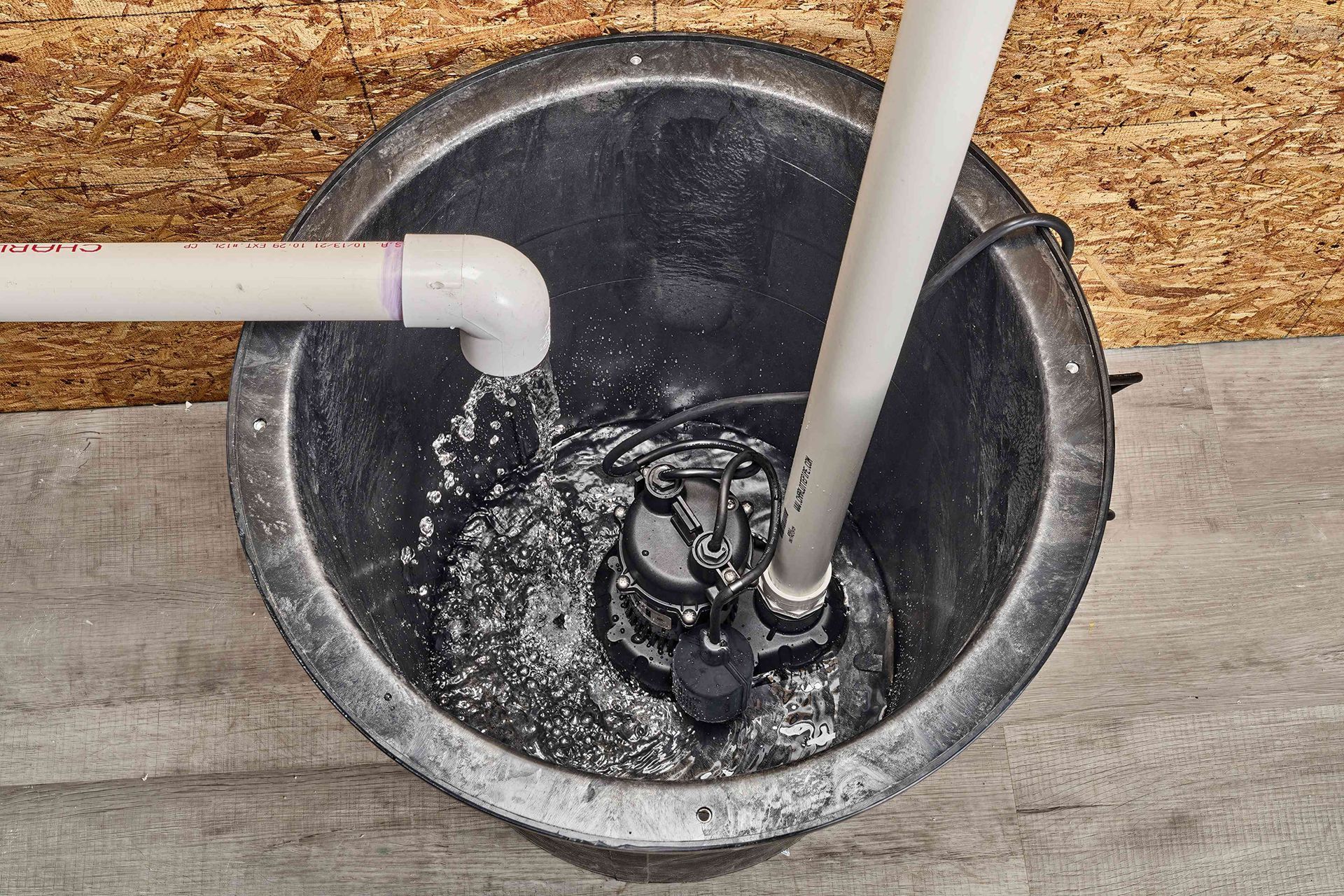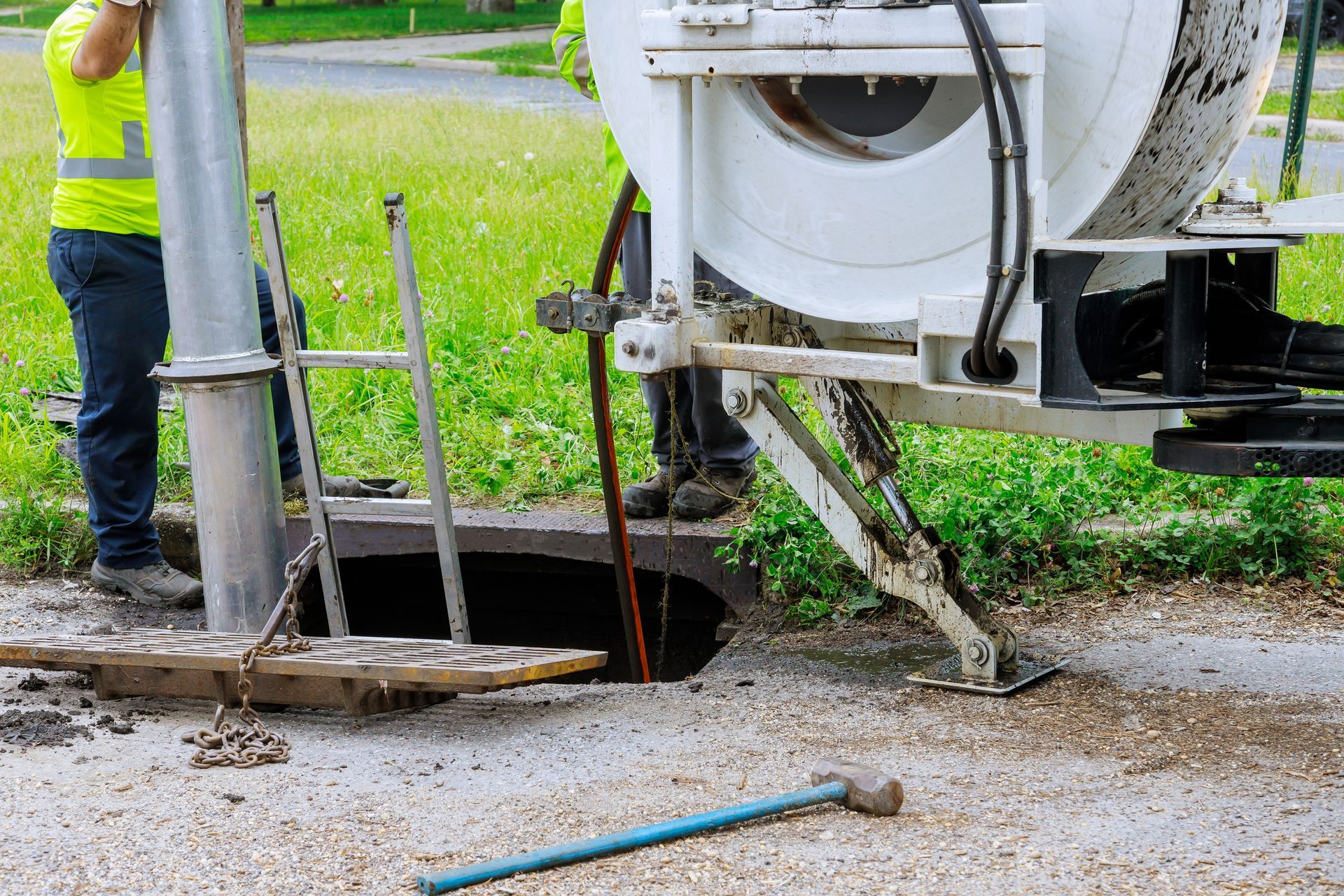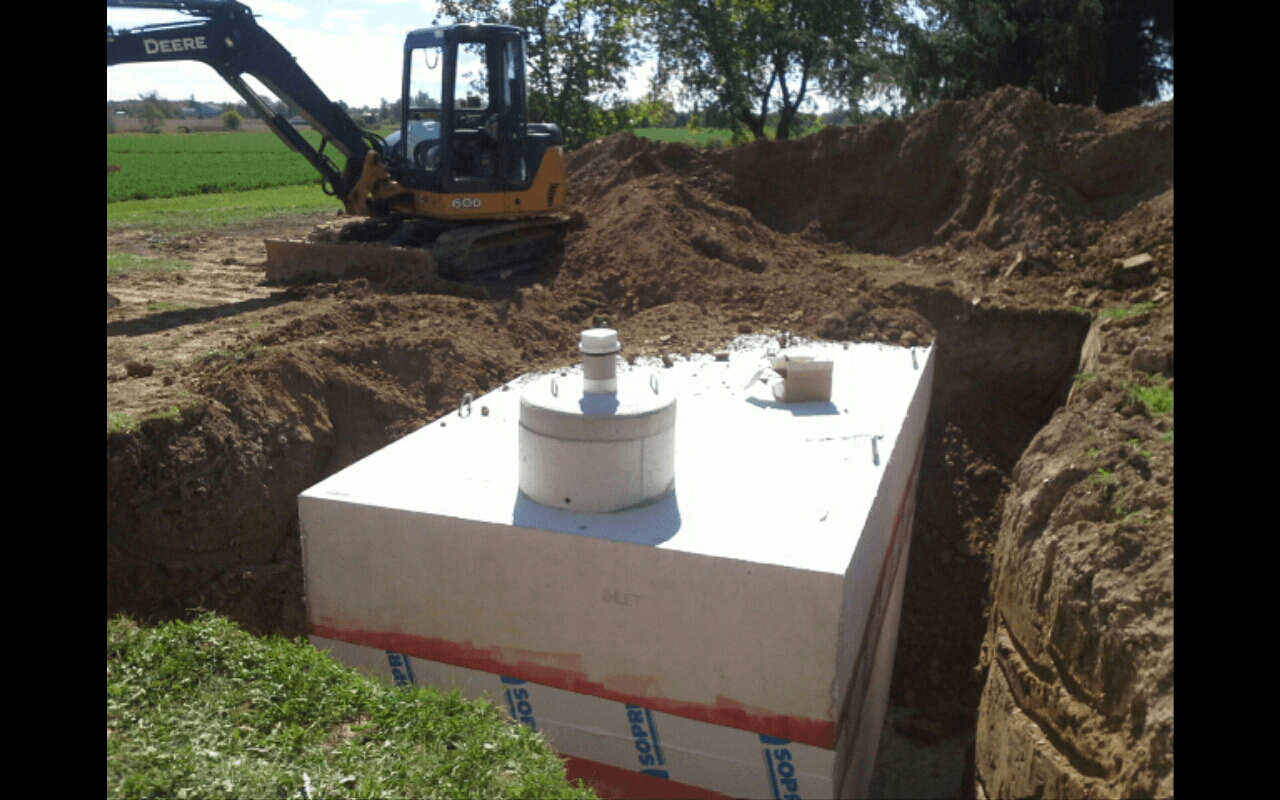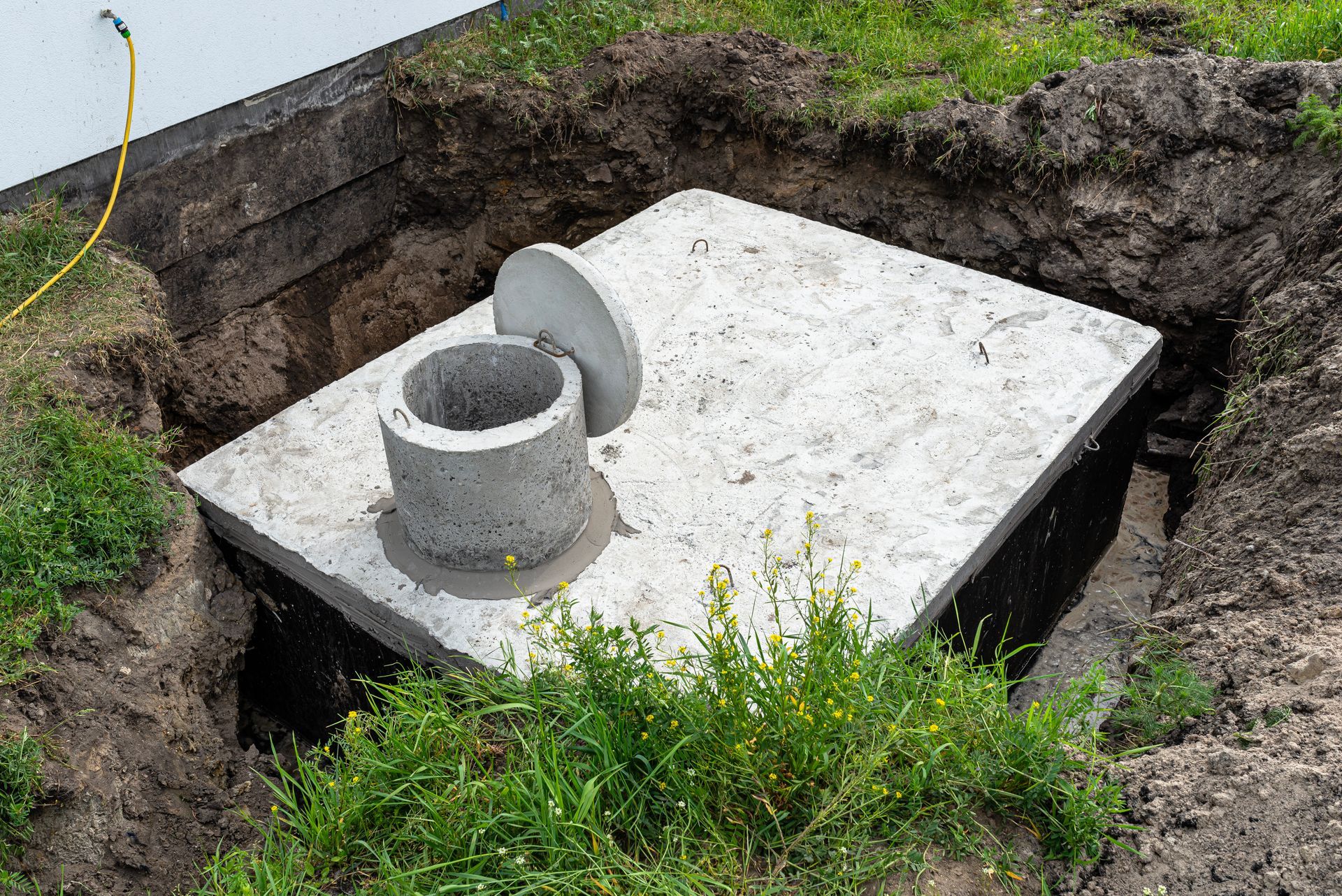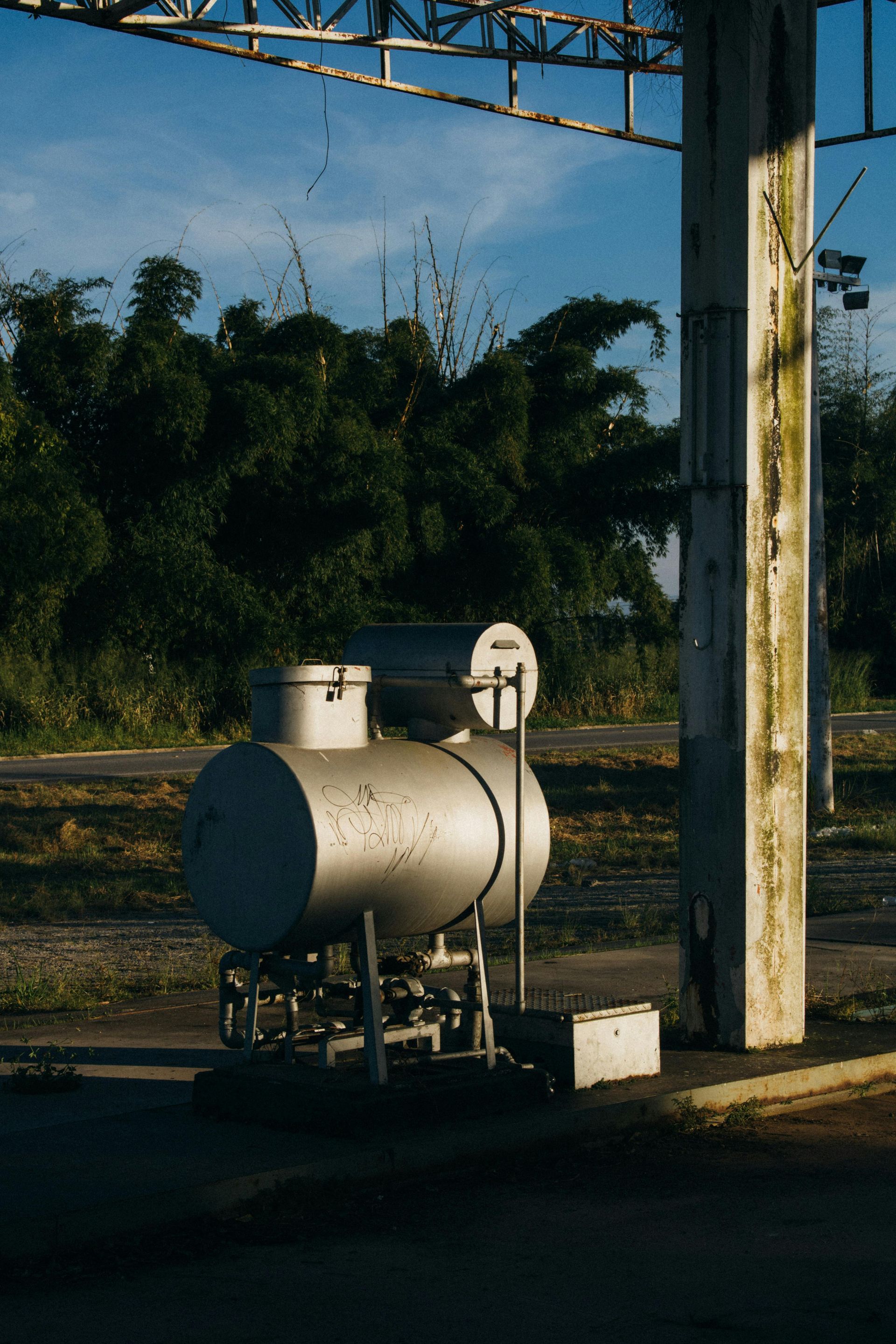Make Sure Your Septic System is Winter Ready
As the days get shorter and a chill settles in the air, homeowners across the region begin the familiar ritual of winterizing their properties. You insulate pipes, check the furnace, and seal drafty windows. But there's one critical part of your home that often gets overlooked until it's too late: your septic system. A frozen or failing septic system in the middle of winter can be a messy, expensive, and stressful ordeal.
Taking a few preventative steps now can save you from a major headache later.
Why Winter is Tough on Your Septic System
Your septic system relies on a delicate balance of natural processes and functional components, both of which can be disrupted by cold weather. Frozen ground, snow cover, and frigid temperatures introduce several challenges.
The Risk of Freezing
The most common and serious winter-related septic issue is a frozen system. Pipes, the septic tank itself, or the drainfield can freeze, causing wastewater to back up into your home. This typically happens for a few key reasons:
- Lack of Snow Cover: A healthy layer of snow acts as a natural insulator, trapping the earth's residual heat and protecting the components buried underground. A cold, dry winter with little snowfall leaves your system vulnerable.
- Compacted Soil: Driving vehicles, heavy equipment, or even excessive foot traffic over your septic tank or drainfield compacts the soil and snow. This reduces the insulating effect and allows frost to penetrate deeper, increasing the risk of freezing.
- Leaking Fixtures: A constantly dripping faucet or running toilet sends small, steady trickles of water into the system. Unlike a normal flush of warm water, this slow drip can easily freeze inside the pipes before it reaches the tank.
Slower Bacterial Action
Your septic tank is a living ecosystem. Beneficial bacteria work tirelessly to break down solid waste. These bacteria are most effective in warmer temperatures. As the temperature in the tank drops during winter, this bacterial action slows down significantly. This means waste is processed less efficiently, and your tank can fill up faster than it does in other seasons.
Essential Tips for Winter Septic Maintenance
Preparing your septic system for winter doesn't have to be complicated. By following a few practical tips, you can greatly reduce the risk of costly emergencies and ensure your system runs smoothly until spring.
- Schedule a Pre-Winter Pumping: If your septic tank is due for a pump-out, fall is the perfect time to get it done. A tank that is nearly full at the beginning of winter is more likely to cause problems, especially with the slower rate of decomposition. Pumping it out gives your system a fresh start before the cold sets in. It also provides a professional the opportunity to inspect the tank for any potential issues.
- Add a Layer of Insulation: Protecting your system from frost is crucial. Once the ground has frozen, it's too late. Before the first deep freeze, add a layer of insulation over your tank and drainfield. An 8- to 12-inch layer of mulch, straw, or leaves can provide excellent protection by trapping heat and preventing frost from reaching the system components. Remember to remove this extra layer in the spring.
- Fix All Leaks Immediately: Take a tour of your home and inspect all faucets, shower heads, and toilets for leaks. That slow, seemingly harmless drip is a primary cause of frozen septic lines. Fixing these leaks not only protects your septic system but also helps conserve water and lower your utility bills.
- Be Mindful of What Goes Down the Drain: Your septic system is not a trash can. Avoid pouring harsh chemicals, grease, coffee grounds, and non-biodegradable items down your drains. These can harm the essential bacteria in your tank and lead to clogs. This rule is important year-round, but it's especially critical in winter when the bacteria are already less active.
- Manage Water Usage: On extremely cold days, try to space out your water usage. Instead of doing multiple loads of laundry back-to-back, spread them throughout the day or week. This allows warm water to run through the pipes more consistently, helping to prevent freeze-ups. Regular but not excessive use is the key.
What to Do If Your Septic System Freezes
Even with the best preparation, emergencies can happen. If you notice slow drains, gurgling toilets, or wastewater backing up into your home, you may have a frozen septic system. Do not attempt to fix this on your own. Thawing pipes improperly can cause them to crack or burst, leading to even more significant damage.
It is also important not to add septic additives or antifreeze to the system. These products are often ineffective and can contaminate your drain field and the surrounding groundwater. The safest and most effective solution is to call a professional immediately.
Don't Wait for an Emergency, Call Dan Parr Excavating
Winter is not the time to take chances with your septic system. The team at Dan Parr Excavating Septics and Septic Pumping has the experience and equipment to get your system ready for the cold. We can perform a thorough inspection, pump your tank, and provide expert advice tailored to your specific property.
And if the worst does happen, you’re not alone. We offer 24/7 emergency services to handle frozen lines, backups, and any other septic crisis you may face, day or night. Protect your home and your peace of mind this winter. Contact Dan Parr Excavating today to schedule
your pre-winter septic service and ensure your system is prepared for the season ahead.
